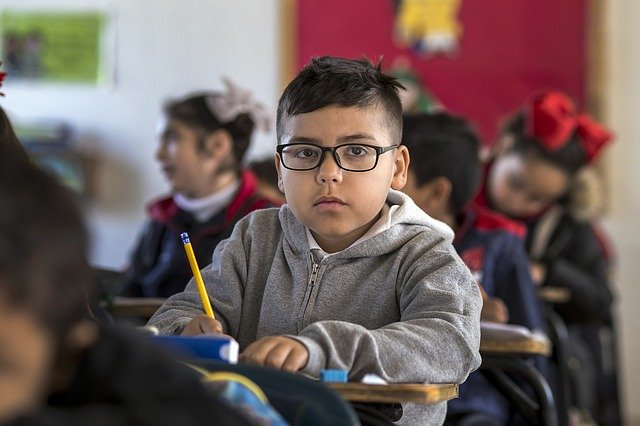This refers to a stage in a child’s development whereby the child forms images of things in their mind. This is the second stage in psychologist Jean Piaget’s theory of cognitive development. You should check out our new grade calculator. This stage starts around age two, as kids start to talk, and continues until around age seven. During the preoperational stage, kids start to learn to manipulate symbols and engage in symbolic play. You should check out our new high school GPA calculator. However, Piaget mentioned that they don’t yet comprehend concrete logic.
Language development is a hallmark of the preoperational stage. During this stage, kids also become increasingly adept at utilizing symbols, as evidenced by increased pretending and playing. Role-playing also becomes vital during the preoperational stage. Kids often play the roles of “daddy,” “doctor,” “mommy,” and other characters.
Piaget used different clever and creative techniques to study children’s mental abilities. One of the popular techniques to exhibit egocentrism included using a mountain scene’s three-dimensional display. Also known as the “Three Mountain Task,” kids are asked to select a picture that displayed the scene they had observed. Most kids can do this with little difficulty.
Next, kids are asked to choose a picture displaying what somebody else would’ve observed when seeing the mountain from another viewpoint. Invariably, kids almost always select the scene displaying their own view of the scene. According to Piaget, kids experience this difficulty because they cannot take on somebody else’s perspective. Developmental psychologists consider the ability to comprehend that other people have different thoughts, perspectives, mental states, and feelings as the theory of mind.
Another popular experiment involves demonstrating a kid’s comprehension of conservation. The same amounts of liquid are poured into two similar containers in one experiment,. Then, one container’s liquid is poured into a differently-shaped container. Kids are then asked which container holds the most liquid. Regardless of seeing the fluid sums were something very similar, kids quite often select the compartment that seems more full. Piaget performed several similar experiments on the conservation of mass, length, number, quantity, volume, and weight. He observed that few kids displayed any comprehension of conservation before the age of five.
Much of Piaget’s concentration at the preoperational stage focused on what kids couldn’t yet do. The concepts of conservation and egocentrism are both focused on abilities that kids haven’t yet developed. However, not everybody agrees with Piaget’s evaluation of kids’ abilities. For instance, researcher Martin Hughes argued that kids failed at the three mountains task because they didn’t understand it.
Concluding Thoughts
The preoperational stage is the second stage in Jean Piaget’s theory of cognitive development and starts at age two, when kids learn to talk, up until age seven. In this stage, children learn to manipulate symbols and engage in symbolic play, but they cannot comprehend concrete logic. In this stage, Piaget’s focus is mainly on the things that the children cannot do, as opposed to what they can.
In his experiments, Piaget determined that at this developmental stage, children are egocentric, and cannot see the world from another person’s perspective. However, this has been criticized, with researcher Martin Hughes maintaining that the children failed Piaget’s three mountains task because they didn’t understand it, and not because of their egocentrism as Piaget concluded.
Additionally, Piaget concluded that children in this developmental stage cannot comprehend conservation, as evidenced by his experiment. When the same amount of liquid was poured into different shaped containers, children almost always chose the container that appeared fuller when they were asked which one had more liquid. However, it is important to note that language development is a hallmark of this stage.
Read more interesting articles at The Magazine Times

